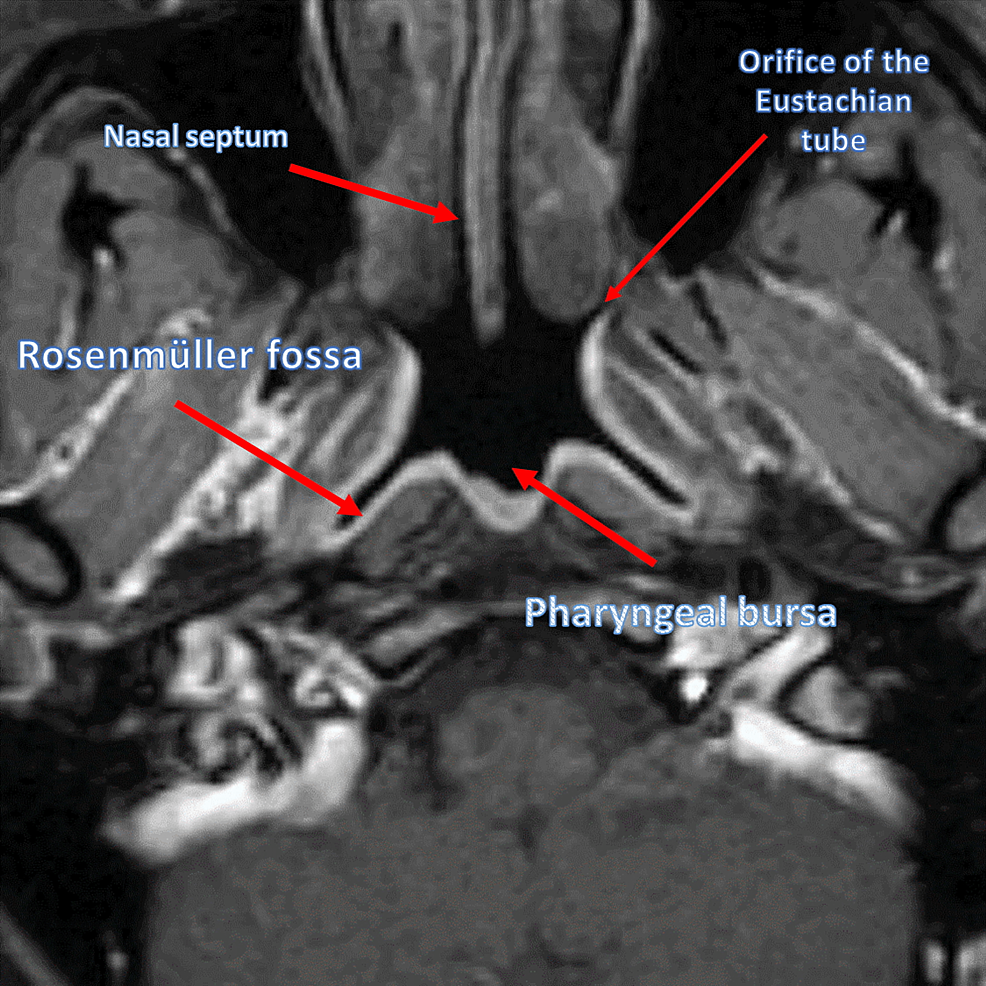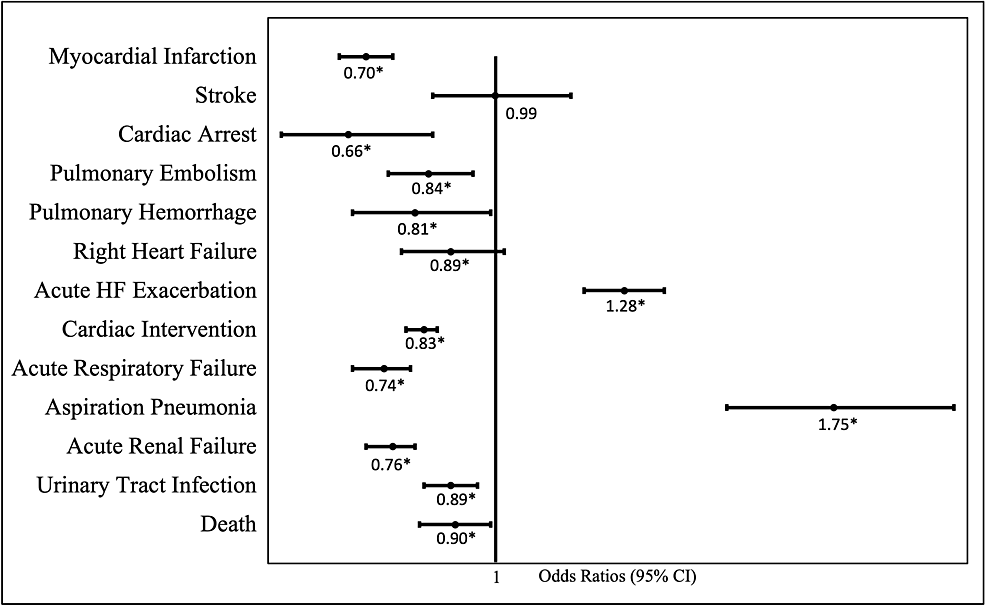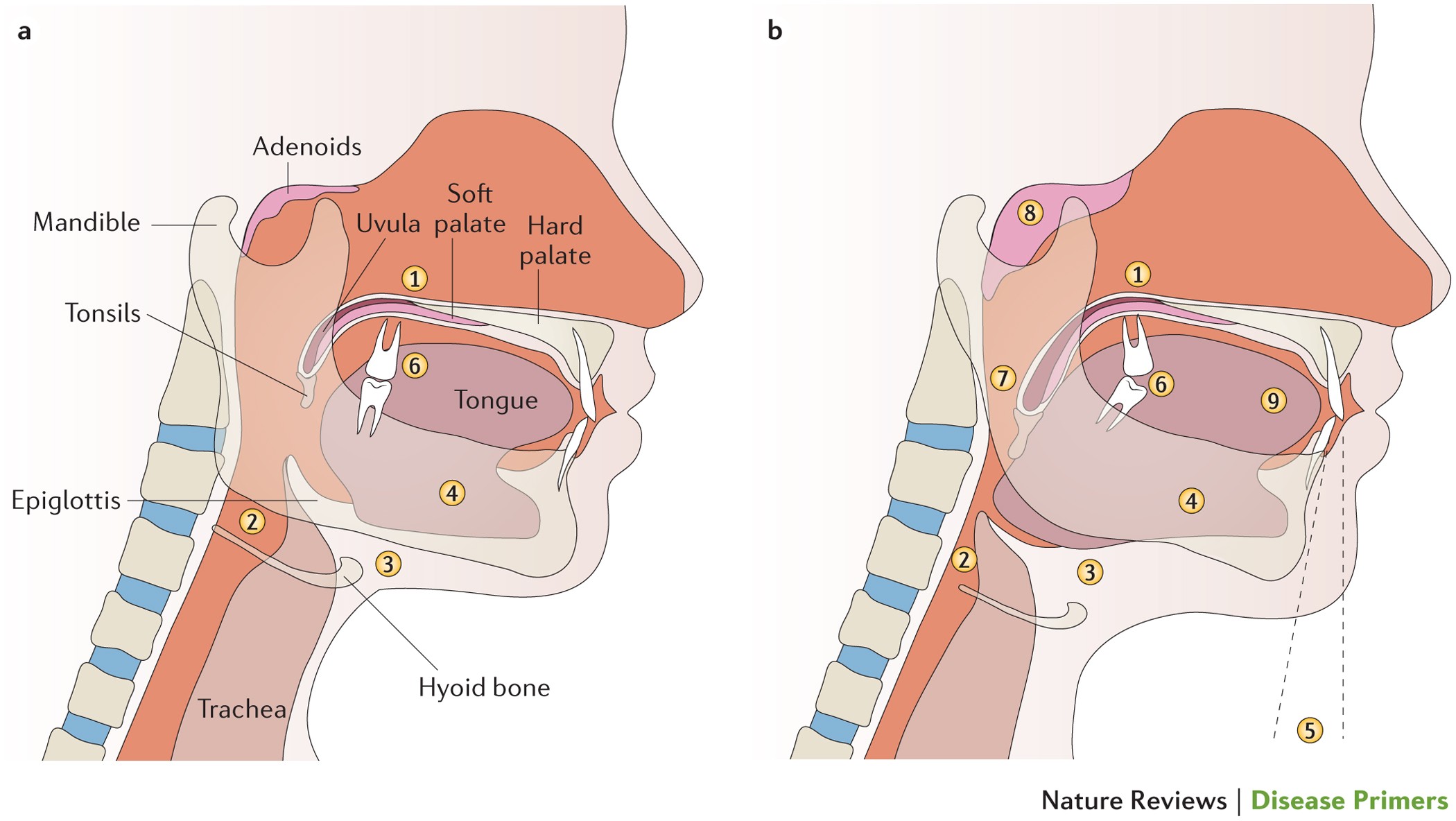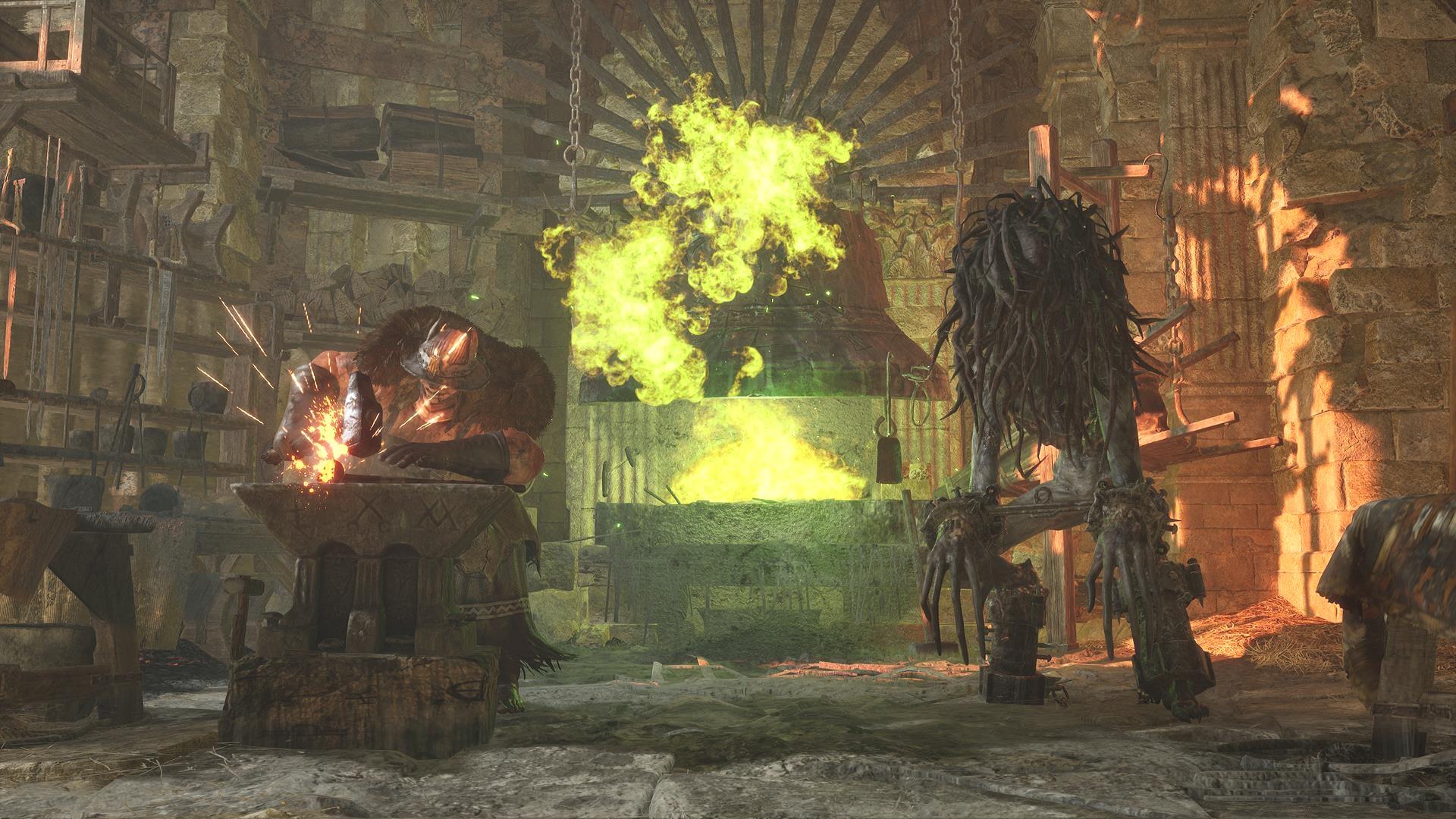Cureus, Obstructive Sleep Apnea and Role of the Diaphragm
Por um escritor misterioso
Descrição
Obstructive sleep apnea (OSA) causes multiple local and systemic pathophysiological consequences, which lead to an increase in morbidity and mortality in patients suffering from this disorder. OSA presents with various nocturnal events of apnoeas or hypopneas and with sub-clinical airflow limitations during wakefulness. OSA involves a large percentage of the population, particularly men, but the estimate of OSA patients could be much broader than data from the literature. Most of the research carried out in the muscle field is to understand the causes of the presence of chronic nocturnal desaturation and focus on the genioglossus muscle and other muscles related to dilating the upper airways. Sparse research has been published regarding the diaphragm muscle, which is the main muscle structure to insufflate air into the airways. The article reviews the functional anatomy of the muscles used to open the upper respiratory tract and the non-physiological adaptation that follows in the presence of OSA, as well as the functional anatomy and pathological adaptive aspects of the diaphragm muscle. The intent of the text is to highlight the disparity of clinical interest between the dilator muscles and the diaphragm, trying to stimulate a broader approach to patient evaluation.

PDF] Muscle fibre type and obstructive sleep apnea.

The maturation changes of sleep-related respiratory abnormalities in infants with laryngomalacia

Obstructive sleep apnea diagnosis and beyond using portable monitors - ScienceDirect

Cureus, Obstructive Sleep Apnea and Role of the Diaphragm

OBSTRUCTIVE SLEEP APNEA

Overlap Syndrome: how obstructive sleep apnea and COPD coexist

Sleep Apnea: Types, Symptoms, Causes, Treatment & More - Sharecare

Cureus Role of Gastroesophageal Reflux Disease in Morbidity and Mortality for Patients Admitted With Pulmonary Hypertension

Diaphragm Rehabilitation - Physiopedia

Obstructive sleep apnoea syndrome
de
por adulto (o preço varia de acordo com o tamanho do grupo)







